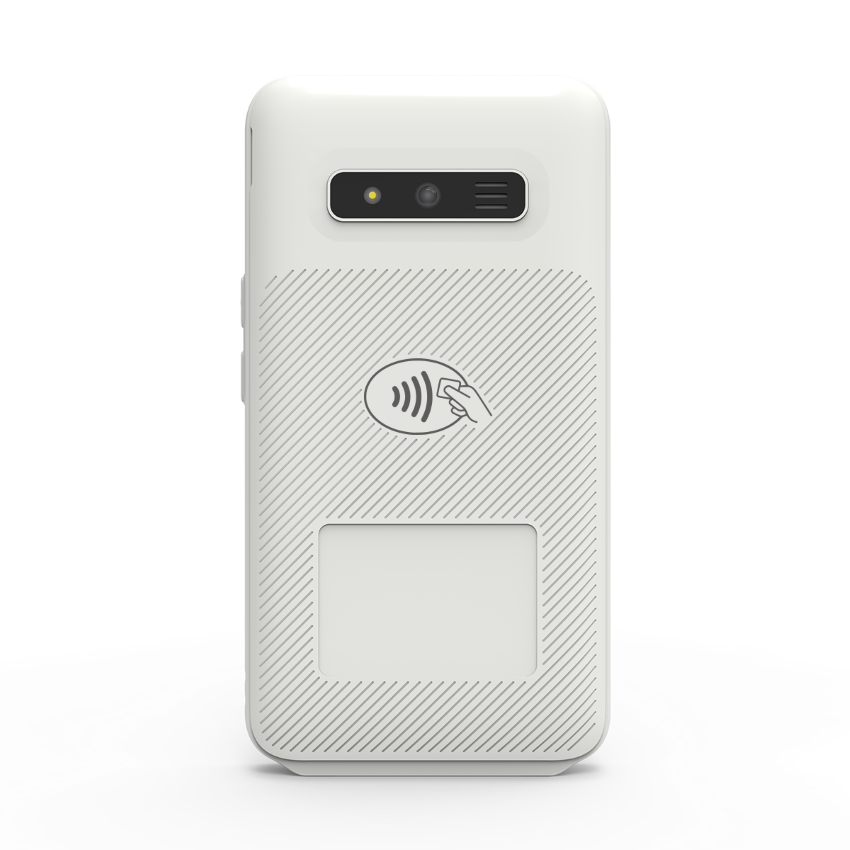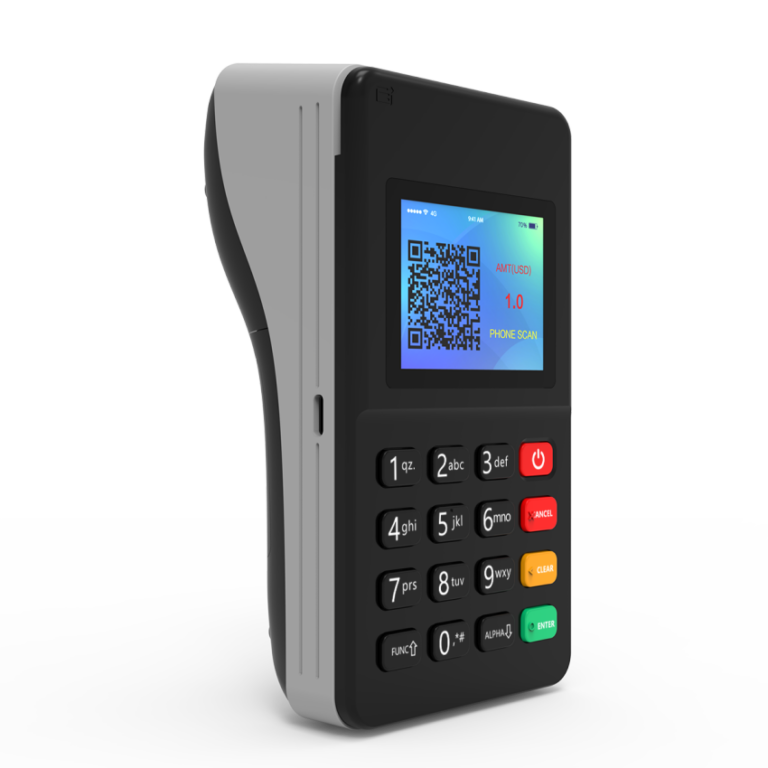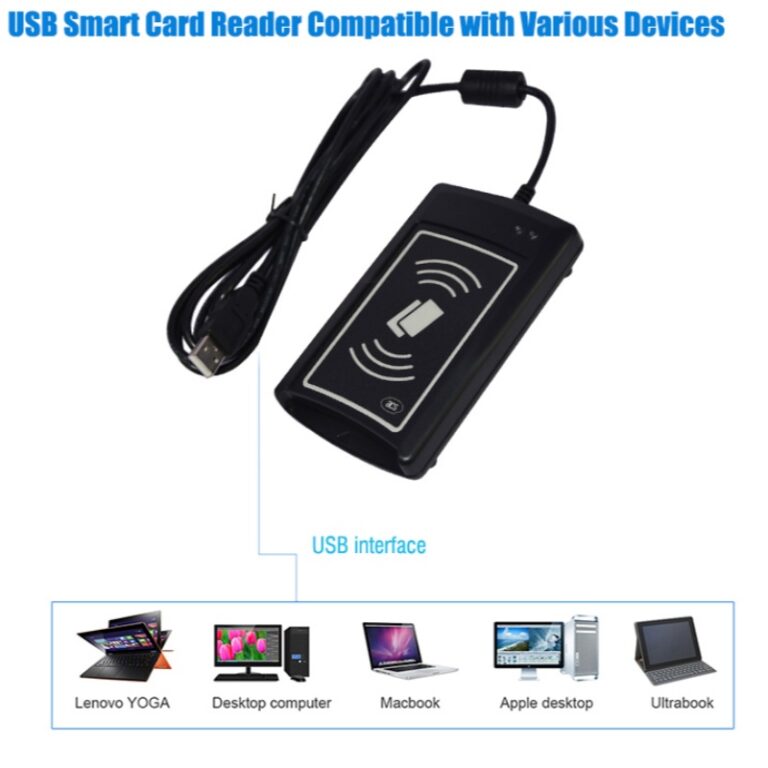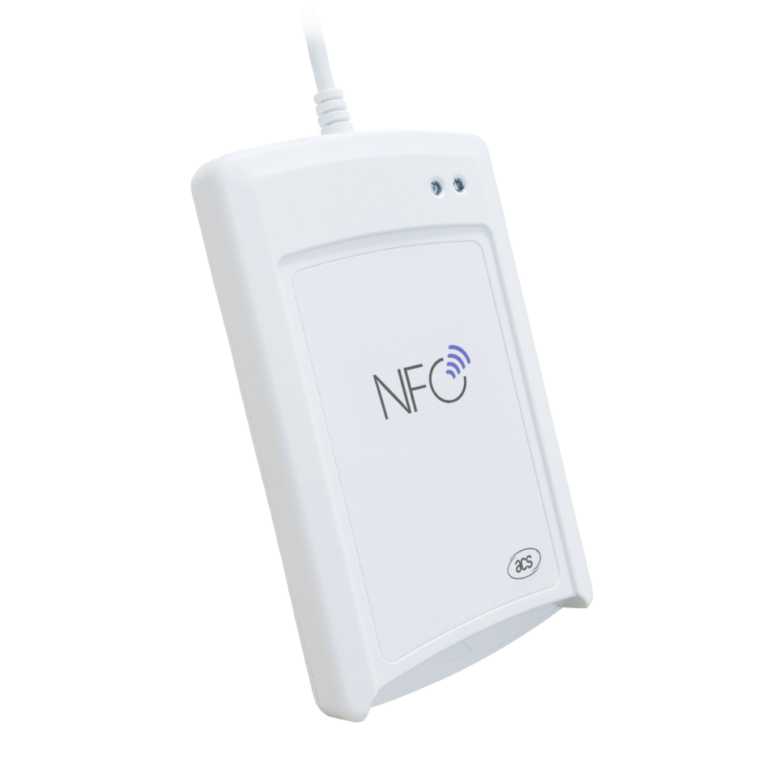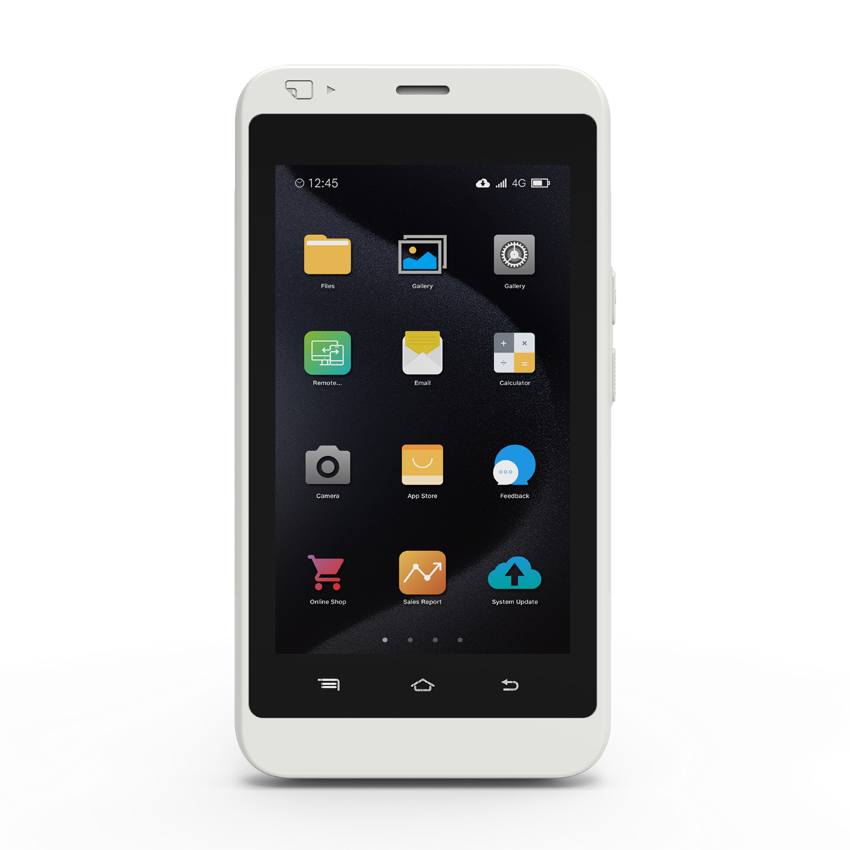
The Significance of Android POS Terminals in Business
Table of Contents
What are POS Terminals?
Point-of-sale (POS) terminals are essential for businesses that conduct in-person transactions. Beyond merely processing payments, they serve as pivotal devices for various aspects of business management. Due to the unique needs of different industries, there is a growing demand for custom or industry-specific Android POS terminals, as standard off-the-shelf devices often fall short.
Understanding POS Terminals
POS terminals are advanced devices designed to collect and process payments efficiently. Unlike traditional cash registers, they provide employees with extensive capabilities, including inventory management and customer relationship management functions. This enhancement streamlines operations while improving customer satisfaction through greater flexibility.
Key Features of Android POS Terminals
The features incorporated in Android POS terminals can vary according to specific business requirements. However, most include:
- Touchscreen Displays: Typically featuring one or two screens for both cashiers and customers.
- Payment Processing: Support for popular payment methods, including tap and swipe options.
- Employee Management: Functions that assist in overseeing staff activities.
- Inventory and Customer Management: Tools tailored to meet business needs.
- Marketing and Omnichannel Support: Additional features based on the sector.
The Android operating system is a significant enabler of this flexibility and adaptability.
Industry Applications for Android POS Terminals
Android POS terminals are particularly valuable in customer-facing sectors, such as retail, hospitality, and dining. Nevertheless, their applications extend to other industries such as manufacturing, healthcare, and banking, proving their versatility.
Selecting Components for Android POS Terminals
Customizing Android POS terminals involves selecting various components, allowing businesses to build devices tailored to their needs. The three fundamental components of any Android POS terminal are:
- Base Device: Can be a repurposed tablet, a mini-PC, or a single-board computer (SBC).
- Operating System: A reliable and secure Android OS is essential.
- POS Software: A comprehensive POS software suite is critical for managing transactions.
Hardware and Peripherals
Whether mobile (mPOS) or stationary, Android POS systems generally begin with a base device, often featuring a touchscreen, barcode scanners, cash drawers, and card readers. Ensuring a positive user experience typically requires integrating these essential peripherals.
Utilizing Smartphones as mPOS Terminals
Smartphones can effectively function as mPOS terminals, enhancing employee capabilities and facilitating customer engagement with location-independent checkout options. Many sectors are taking advantage of this mobility.
Requirements for an Android POS Terminal OS
Choosing the appropriate operating system is crucial for Android POS devices. The OS should offer:
- Robust Security Features
- Legal Compliance
- Ongoing Support and Updates
- Customization Options
A strong Android OS minimizes the risk of costly redesigns and failures, enabling the exploration of innovative projects.
Comprehensive Features of POS Software and OS
When selecting POS software, it’s vital to include a wide variety of features, especially for payment processing, inventory management, and customer relationships. Advanced capabilities like Android kiosk mode can secure devices against unauthorized access, enhancing operations in retail environments.
Introducing the Smart POS D20
The Smart POS D20 is a user-friendly Android smart POS terminal featuring a 4-inch touchscreen and a built-in QR code scanner, designed for efficient payment processing. With support for connectivity options like 4G, 3G, Wi-Fi, and Bluetooth, it caters to a comprehensive range of payment methods, including magnetic stripe, IC cards, and NFC.
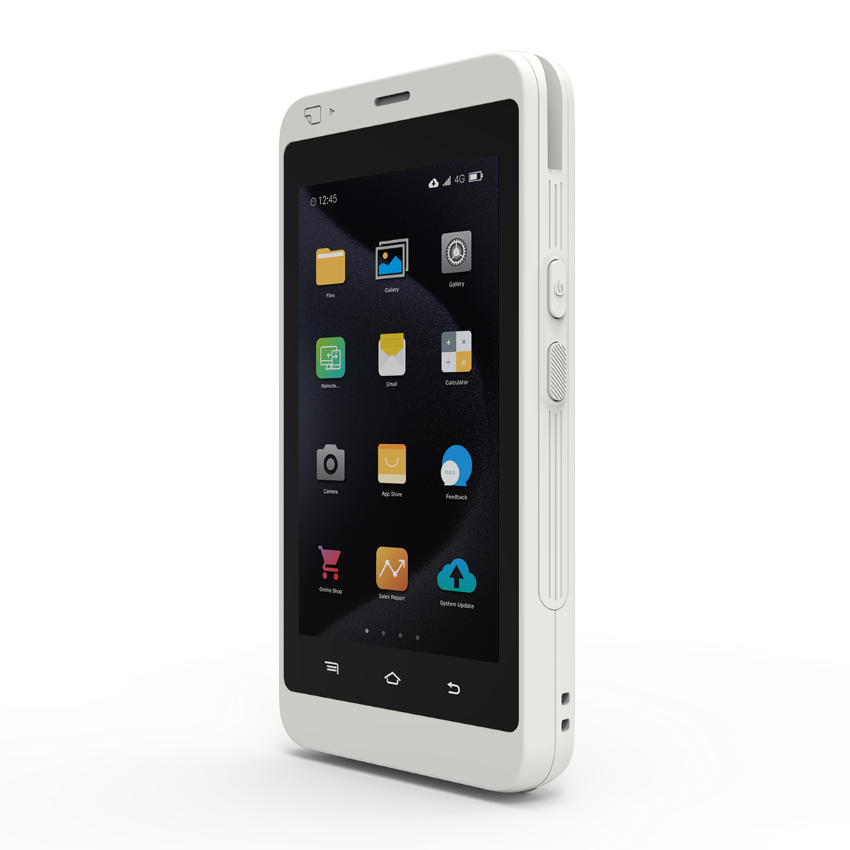
Technical Specifications of Smart POS D20
- Operating System: Android 10
- Processor: Quad-core ARM A53 @ 1.8GHz
- Memory: 1GB RAM and 16GB storage (with a 2GB RAM option available)
- Display: 4.0” 480×800 TFT IPS touchscreen
- Communications: LTE, WCDMA, GSM, Bluetooth 5.0, Wi-Fi 802.11 a/b/g/n/ac
- EMV and NFC Compliance: Meets industry standards for secure payments
- Certifications: PCI PTS 5.x, EMV L1 & L2, and more
- Dimensions: 129mm x 68.5mm x 17.4mm; weight 168g (including battery)
Conclusion
Android POS terminals are revolutionizing the payment processing landscape across various industries, providing businesses with flexibility, efficiency, and tailored features. The Smart POS D20 exemplifies modern Android POS solutions, blending advanced technology with user-friendly design to enhance customer engagement and streamline operations. As the demand for customized POS systems continues to rise, adopting innovative Android solutions will be vital for businesses seeking a competitive edge in today’s market.
